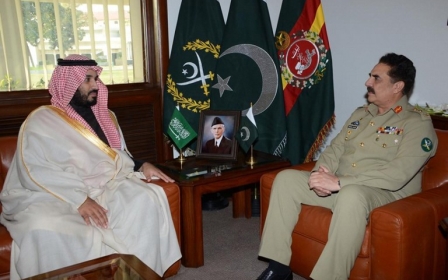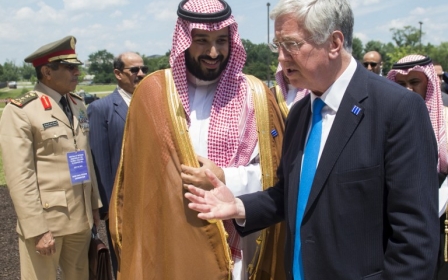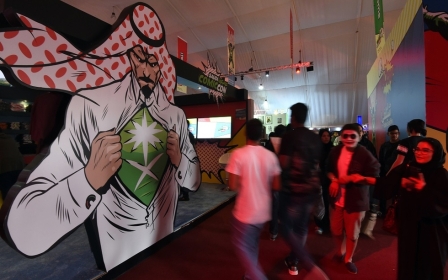Saudi court sentences two people for 'Arab Spring' protests

A Saudi court sentenced two people to several years in jail for participating in “Arab Spring” protests in 2011.
The suspects, both Saudi, received four and three-year sentences respectively, Alwatan newspaper reported. A Saudi court acquitted a third suspect due to a lack of evidence.
The protesters, whose names were not identified, were convicted of participating in 2011 “Hunayn Day” demonstrations.
The suspects “answered the call of the ideologically corrupt to cause chaos and join protests… at a mosque in Riyadh,” the prosecution stated.
After the uprisings in Tunisia, Egypt and Libya, which became known as the Arab Spring, anonymous Facebook users called for demonstrations against the Saudi monarchy on 11 March 2011.
Although the online campaign did not result in mass protests, there were more security officials than people in major Saudi squares on that day, arresting several people, including Khaled al-Johni, who gained fame for telling BBC Arabic that Saudis want freedom.
“I am here to say we need democracy; we need freedom; we need to speak without anyone censoring us,” he said. “Why are all the police here? To prevent us from raising our voices to the people. No, we tell everyone, the government does not own us.”
Johni was released in August 2012.
Saudi Arabia is an absolute monarchy that follows a strict school of Islamic law and does not tolerate dissent.
Saudi Arabia carried out 154 executions in 2016, according to Human Rights Watch.
"Dozens of human rights defenders and activists are serving long prison sentences for criticising authorities or advocating political and rights reforms," the rights group says.
New MEE newsletter: Jerusalem Dispatch
Sign up to get the latest insights and analysis on Israel-Palestine, alongside Turkey Unpacked and other MEE newsletters
Middle East Eye delivers independent and unrivalled coverage and analysis of the Middle East, North Africa and beyond. To learn more about republishing this content and the associated fees, please fill out this form. More about MEE can be found here.




